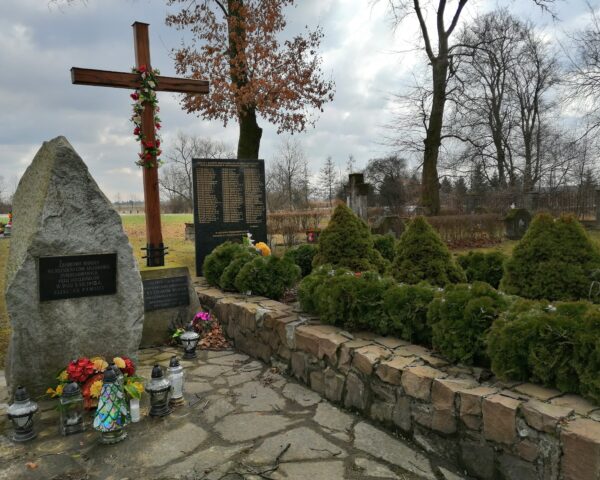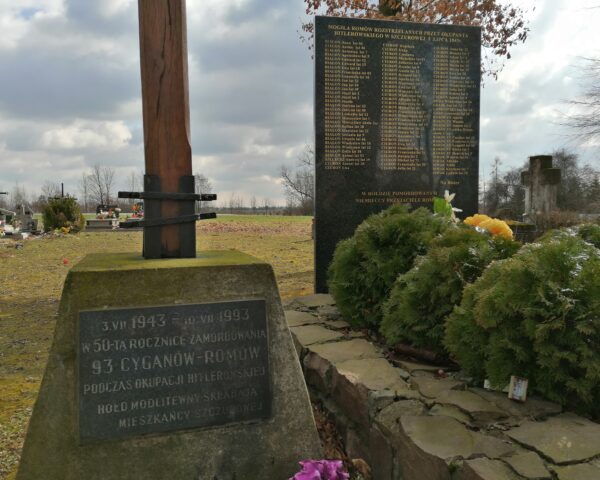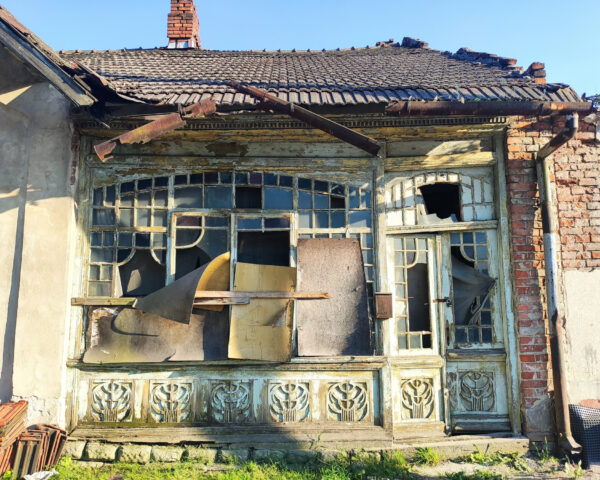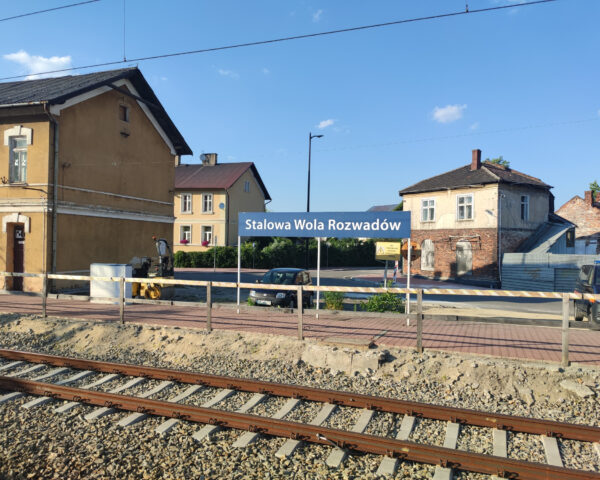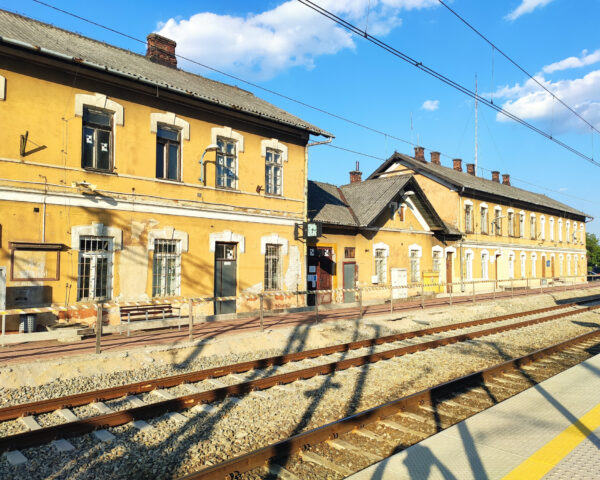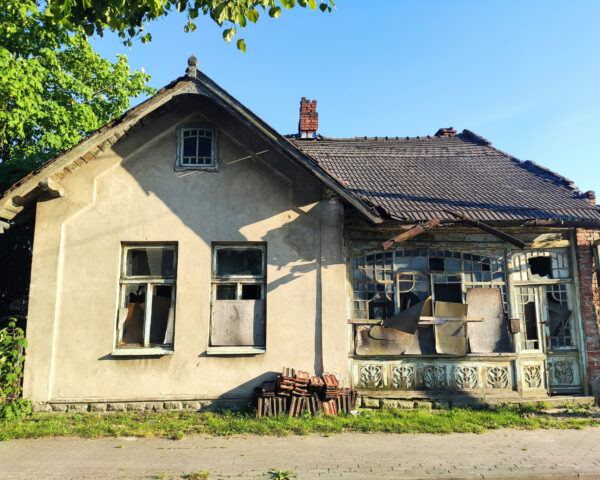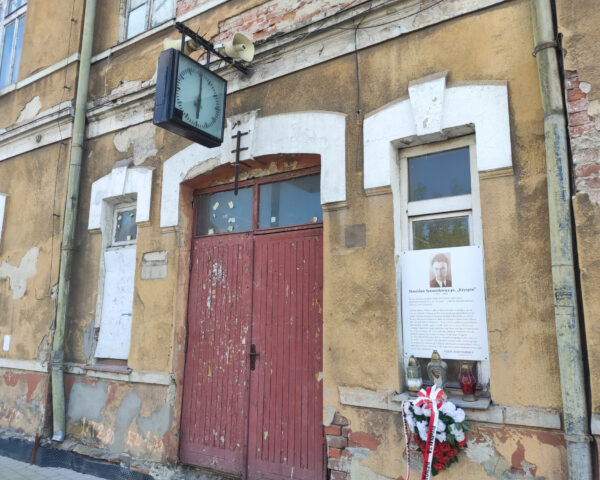Do not let anyone, dear God, live at war. In the worst poverty, in tears of blood how much did those hearts have to bear - a Jewish child, Gypsy children with their poor mother! [...] Maybe my song can teach people something? Let them not desire war, let their hearts start softening! Let them know what we have survived, those who haven't seen it in their lives, those who don't believe us gypsies, when we say, how many of us had to die in wartime days... Papusza “Tears of blood”
Alfreda
Markowska

Stage 8 - Persecution
Do not let anyone, dear God, live at war. In the worst poverty, in tears of blood how much did those hearts have to bear - a Jewish child, Gypsy children with their poor mother! [...] Maybe my song can teach people something? Let them not desire war, let their hearts start softening! Let them know what we have survived, those who haven't seen it in their lives, those who don't believe us gypsies, when we say, how many of us had to die in wartime days... Papusza “Tears of blood”
Alfreda Markowska (Nońcia), born on May 10, 1926, in a Romani caravan near Stanisławów
Alfreda Markowska came from a group of Polish Roma, a Roma community quite closed and attached to tradition. In 1939, Nońcia’s caravan escaped from Lviv, going west and stopped near Biała Podlaska. There, in 1941, the Nazis murdered her parents, siblings, and other members of her family. Nońcia miraculously survived and began searching for other Roma survivors. Among the survivors was her husband, whom she found in Rozwadów, where they both later worked as forced laborers at the railway. Fake documents and their work for the Germans saved them from death, which the Nazis had planned for anyone who belonged to the Roma minority group. Nońcia used her job and her documents to save Roma and Jewish children who had survived the massacres or were miraculously rescued from the transports bound for the camps. She organized hiding places and fake documents for them, searched for their next of kin, gave them to good people, or took care of Roma and Jewish orphans herself. Nońcia had suffered extreme persecution as a child and from then on, she did her best so that no child she met would ever be persecuted again. Alfreda Markowska saved about fifty Roma, Jewish, and German children. Despite her horrible experience and persecution, she managed to create the large family she had always dreamed of. She was awarded the Commander’s Cross with Star of the Order of Polonia Restituta for her “heroism and extraordinary courage as well as for special merits in saving human life.” She died on January 30th, 2021.
Persecution
In this stage, victims are forced to live in ghettos, deported to concentration camps, or detained in restricted areas, and are consequently sentenced to starvation as they are deliberately deprived of access to resources such as water, food, and medicine. Victims are also subjected to forced sterilizations or abortions; children are forcibly taken from their parents. A group of victims are systematically stripped of all rights, tortured and deported. Mass murders begin. The perpetrators watch closely to see if their actions elicit a strong reaction from international public opinion. If there is no such reaction, the perpetrators know they can continue their plan in front of passive witnesses.
To prevent this stage from occurring, international military intervention is necessary if support can be mobilized from superpowers, regional alliances, the UN Security Council, or the UN General Assembly. Humanitarian assistance from the UN or other organizations is also necessary.
How is this person’s story related to the stage of genocide in G. Stanton’s theory?
As a Roma woman, Alfreda Markowska became a victim of Nazi racial ideology. During the war, she lost almost her entire family, but despite the great danger and the threat of death due to her origin, she followed her mission to save children. She tried to save as many victims of persecution as possible.

